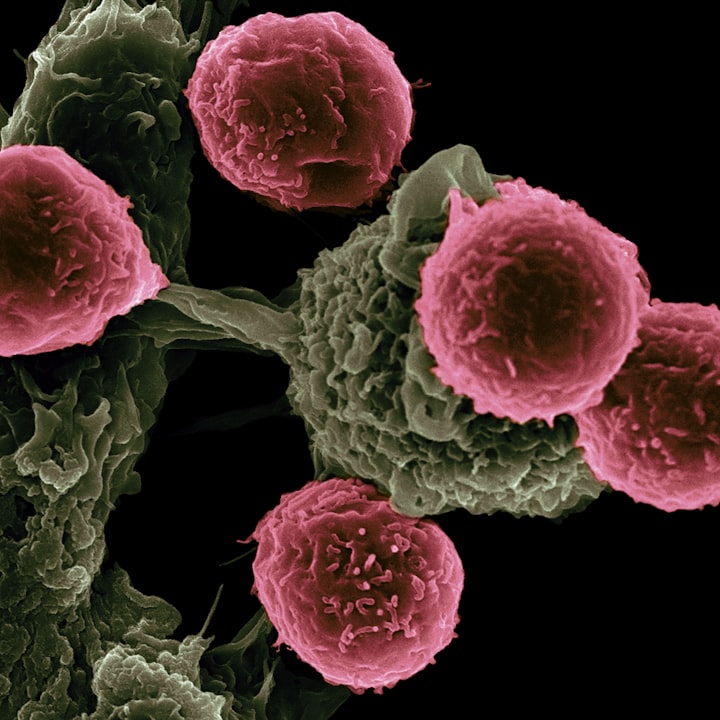A fundamentally new method of treating insomnia - cognitive-behavioral therapy - is gaining momentum. What is it? What are its benefits?
The new therapy is based on changes in thinking, behavior and habits. Soft power. This is its fundamental difference from the traditional treatment of insomnia, which consists in prescribing drugs: hypnotics, anti-anxiety, antidepressants, antipsychotics.

How to beat insomnia?
The new therapy is based on changes in thinking, behavior and habits. Soft power. This is its fundamental difference from the traditional treatment of insomnia, which consists in prescribing drugs: hypnotics, anti-anxiety, antidepressants, antipsychotics.
Yes, sleeping pills allow you to fall asleep. But it removes only the effect, not the cause. A person suffers from impairments, because, for whatever reason, he has formed a negative relationship "bed-insomnia".
Severe stress, frequent flights, lack of normal conditions for sleep ... And now there are problems with sleep. A person cannot sleep, often wakes up, sleeps poorly.
If this happens within a few days, a week, it’s not scary. But the risk is high that next week he will not be able to sleep either. Each time, going to bed, he will remember how he could not fall asleep the last time.
Vicious circle. It is enough not to fall asleep only 15–20 times, and the negative relationship "bed-insomnia" has already formed.
Sleeping pills only add fuel to the fire. Having taken them several times, it is difficult for a person to fall asleep without a pill. He is developing psychological dependence. Drinks - falls asleep, it is worth not drinking - he is seized by anxiety.
It happens so - the patient comes, he is prescribed sleeping pills for two weeks. He drinks it on drink, then for another week he can fall asleep calmly, after - again problems. He comes to the doctor a second time - he is prescribed sleeping pills for a longer period.
The courses are longer, the drugs are stronger. In especially advanced cases, it can even come to tranquilizers - potent sedatives.
The new therapy fundamentally changes a person's attitude to sleep, breaks this negative connection. That is why it is so effective and that is why it occurred to me to create a sleep recovery program based on cognitive behavioral therapy. This idea was successfully implemented with the help of my colleague: doctor-somnologist, candidate of medical sciences.
What exactly is your insomnia treatment?
You need to start by changing the daily regimen. In the first week, the patient needs to collect data by observing himself. The diary should be kept throughout the treatment.
The formula calculates sleep efficiency - this is the ratio of sleep time to time spent in bed. Based on the results, we slightly limit his sleep.
Limit sleep? But after all, people suffering from insomnia do not get enough sleep anyway ...
This is not entirely true. As a rule, many people get enough sleep. But they cannot sleep for a long time. Or they wake up in the middle of the night too often. Or the deep sleep phase is disturbed. As a result, a person still sleeps as much as he needs.
Sleep duration for eight hours is a myth. In our practice, the duration was from four to more than ten hours. This is totally normal. Who needs as much.
According to our method, it is necessary that the patient does not really get enough sleep. Of course, the limitation must be reasonable. Daytime sleep, naps are completely prohibited. You can sleep only at night, only in bed, only in the bedroom.
Over time, the brain realizes that if you do not fall asleep at the set time, then you simply will not be able to get enough sleep. And the person falls asleep and sleeps normally all night. Further, we achieve the same, but on an ongoing basis. A new positive association is being formed in consciousness - "bed-sleep".
We're adjusting sleep patterns. Clear wake-up time, clear bedtime. We work with negative emotions and, above all, teach the patient to cope with them himself. We teach sleep hygiene.
The main tips here are as follows. Sleep only at night. Daytime sleep, even if you haven't got enough sleep, can bring down the regime. Always get up at the same time.
On weekends, you can add an extra half hour or hour, but only if you do not get enough sleep during the week. Go to bed at a certain time too.
If you cannot sleep for a long time, do not lie in bed.
How effective is the new method?
This is a full-fledged direction in the treatment of insomnia. Its proven efficiency is over 80%.
Much also depends on the patient's motivation. The new technique assumes that the person clearly and regularly follows our recommendations. In some ways you have to limit yourself.
The average duration of treatment is six weeks. But, as a rule, the first positive results are visible after two weeks.
Is it possible to cope with insomnia on your own, without the help of a specialist?
I guess, yes. For this, Sofia Cherkasova and I, for example, have published the book How to Defeat Insomnia. In December, its second edition will be released, which will be available in most major bookstores in the country.
Strictly follow the recommendations of the book. It is written "always wake up at the same time" - it means, at the same time. "Keeping a diary" means keeping. Always remember that this is a cure. And if there is one or another action or recommendation in the treatment, it means that they are there for a reason.
And what about sleeping pills, are you fundamentally against them?
We do not oppose sleeping pills as such. For people who have insomnia as a symptom, not a disease, they are essential. Such insomnia will not go away until the underlying disease is cured.
However, it often happens that the underlying disease has already been cured, and insomnia does not disappear. The same is true, for example, for depression - it can cause sleep disturbances. But depression was cured, but insomnia remained. Then it is already insomnia-disease. For her, the new technique is just effective.
Our approach is not to completely eliminate sleeping pills, but rather not to prescribe them if the person is physically healthy, but it is difficult for him to fall asleep.
There is a lot of talk now about melatonin for the treatment of insomnia. How reasonable is this?
Melatonin is good for acute, short-term insomnia. Melatonin can also be taken in courses of 1-2 months for pronounced "owls" - it helps to fall asleep earlier.
However, melatonin is not a sleeping pill - it is a hormone. If a person's rhythms are not violated, and the synthesis of his own melatonin is normal, then taking melatonin will not give any effect.






Comments
There are no comments for this story
Be the first to respond and start the conversation.